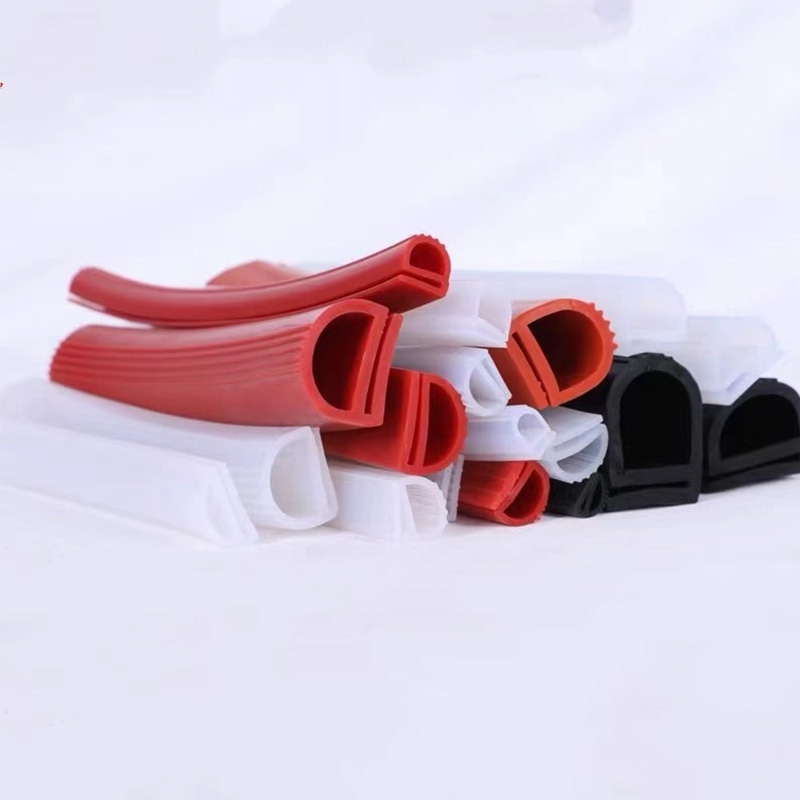types of jute rope suppliers
Types of Jute Rope Suppliers
Jute ropes have gained significant popularity due to their eco-friendly nature, durability, and versatility. Sourced from the jute plant, these ropes are biodegradable and widely used in various applications, from agriculture to crafts. Understanding the different types of jute rope suppliers is essential for consumers and businesses looking to procure high-quality jute products.
1. Local Manufacturers
Local manufacturers are often the first point of contact for those seeking jute ropes. These suppliers are typically small to medium-sized businesses that produce jute ropes on-site. By sourcing raw materials domestically, they can ensure fresher products and quicker turnaround times. Additionally, supporting local manufacturers often promotes sustainable practices and helps strengthen local economies. Customers can find unique, high-quality ropes in varying thicknesses and styles. However, their availability may be limited compared to larger distributors.
Wholesale suppliers play a vital role in the jute rope market, especially for retailers and businesses looking to buy in bulk. These suppliers often import jute ropes from countries renowned for their jute production, such as India and Bangladesh. Wholesale suppliers can provide significant cost savings due to economies of scale and typically offer a wider range of products, including specialty jute ropes for specific applications. However, buyers often face minimum order requirements, so this option is best for those looking to buy large quantities.
types of jute rope suppliers

3. Online Retailers
With the rise of e-commerce, online retailers have emerged as significant players in the jute rope supply chain. They provide convenience, as customers can browse various products from the comfort of their homes. Online platforms often showcase products from multiple suppliers, allowing consumers to compare prices, features, and reviews. Many of these retailers offer a diverse selection of jute ropes, catering to hobbyists, gardeners, and industrial users alike. However, customers should be cautious about product quality and may want to check return policies before making a purchase.
4. Specialty Suppliers
Specialty suppliers focus on providing specific types of jute ropes for niche markets. These suppliers often cater to industries such as landscaping, shipping, and crafts, offering products tailored to particular needs. For instance, they may stock jute twine in various thicknesses or jute ropes treated for outdoor use. Specialty suppliers may provide invaluable expertise and guidance, helping customers select the right products for their projects.
In conclusion, understanding the different types of jute rope suppliers can help consumers and businesses make informed purchasing decisions. Whether opting for local manufacturers, wholesale suppliers, online retailers, or specialty providers, there is a wide array of jute rope options to suit every need. As demand for sustainable products continues to grow, the jute rope market is likely to expand, offering even more choices for consumers.
Share
-
The Best Lubricants for Aluminum Roller GuidesNewsJul.23,2025
-
Slitting Machine Applications in the Packaging IndustryNewsJul.23,2025
-
Rolling Roller Balancing Techniques for Smooth OperationNewsJul.23,2025
-
How To Optimize An EV Battery Assembly LineNewsJul.23,2025
-
Energy Efficiency in Modern Battery Formation EquipmentNewsJul.23,2025
-
Automation Trends in Pouch Cell Assembly EquipmentNewsJul.23,2025







